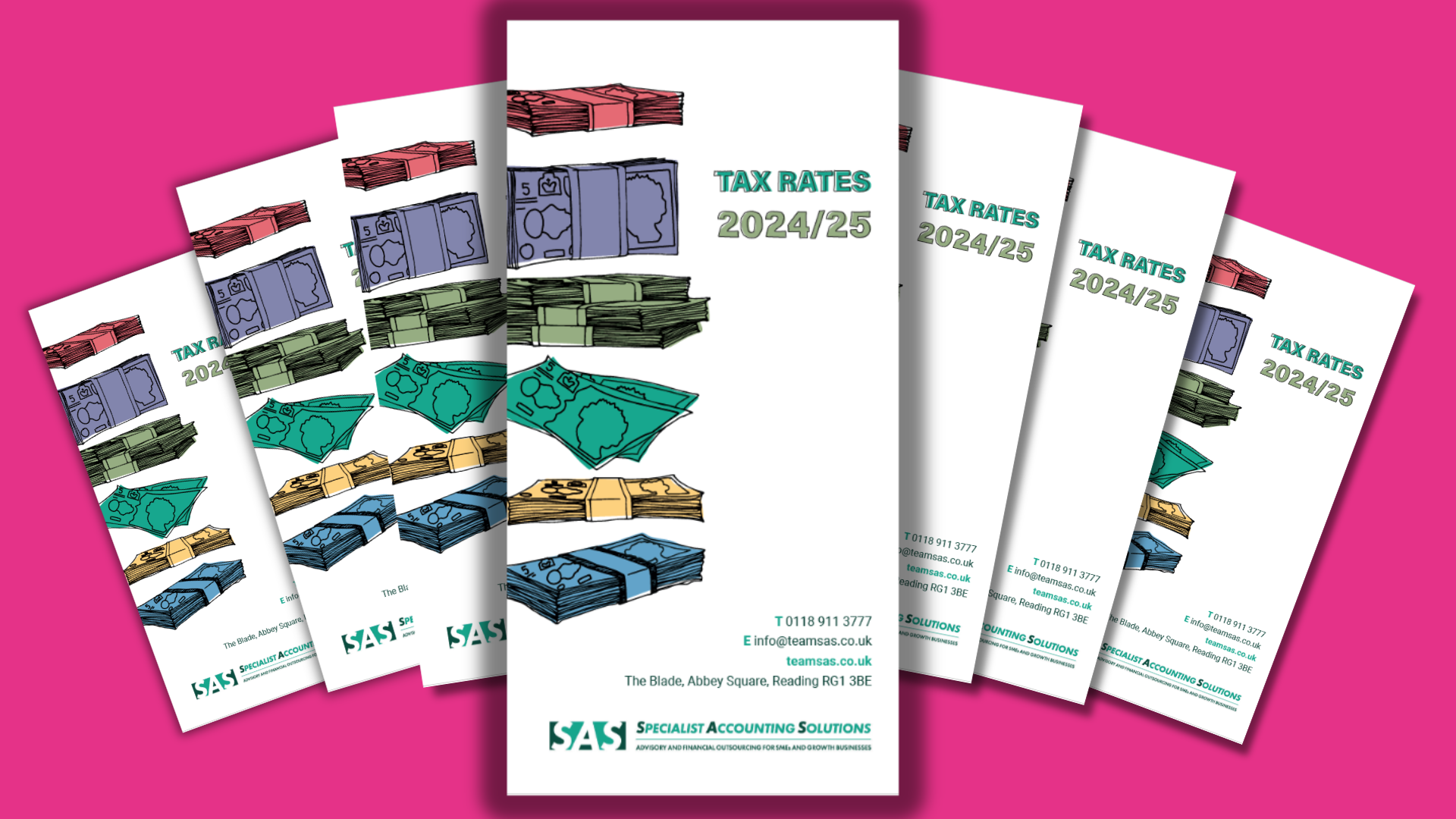Raising capital with invoice finance: invoice discounting versus factoring
There are a wide range of methods how businesses can raise capital. Invoice Discounting and Factoring are two of these. The points below set out the key differences between these two funding options.
Invoice Discounting
General Principles
The Company seeking funds sells its sales invoices to the finance house. In return, the finance house funds up to an agreed percentage (e.g. 80%) of the total debtor book. The balance (e.g. 20%) is paid by the finance house once the customer settles the invoice in full.
Fees
There are usually two types of fees for this type of service:
- Service Charge: calculated as a percentage of vatable turnover
- Discount Fee: interest charges on the funds drawn
Pros
- Funds can be drawn down immediately provided there is sufficient headroom in the facility.
- The facility increases with the size of the company’s debtor book.
- The company retains control over the debt collection and administration of debts.
Cons
- Risk of non-payment by customers, although this can be insured (see comments regarding “non-recourse”).
- Payment of interest costs and services charges.
- Reporting requirements to the finance house in the form of audits and regular reports.
Factoring
General Principles
The Company seeking funds sells its sales invoices to the finance house. In return the finance house funds up to an agreed percentage (e.g. 80%) of the total debtor book. The balance (e.g. 20%) is paid by the finance house once the customer settles the invoice in full. Debt collection is fully outsourced to the finance house.
Fees
There are usually two types of fees for this service:
- Service Charge: calculated as a percentage of vatable turnover
- Discount Fee: interest charges on the funds drawn
Factoring is usually more expensive than Invoice Discounting as the debt collection is outsourced.
Pros
- Same as Invoice Discounting.
Cons
- The debt collection is entirely outsourced, which means the company is no longer in control of the client relationship once the invoice is raised.
- Other points are the same as for Invoice Discounting.
Recourse versus non-recourse
If the arrangement with the funder is on recourse basis, then the risk of non payment by a debtor remains with the company. This risk can however be insured against, meaning the arrangement would be on a non-recourse basis. Obviously the non-recourse arrangement will therefore be more expensive.







